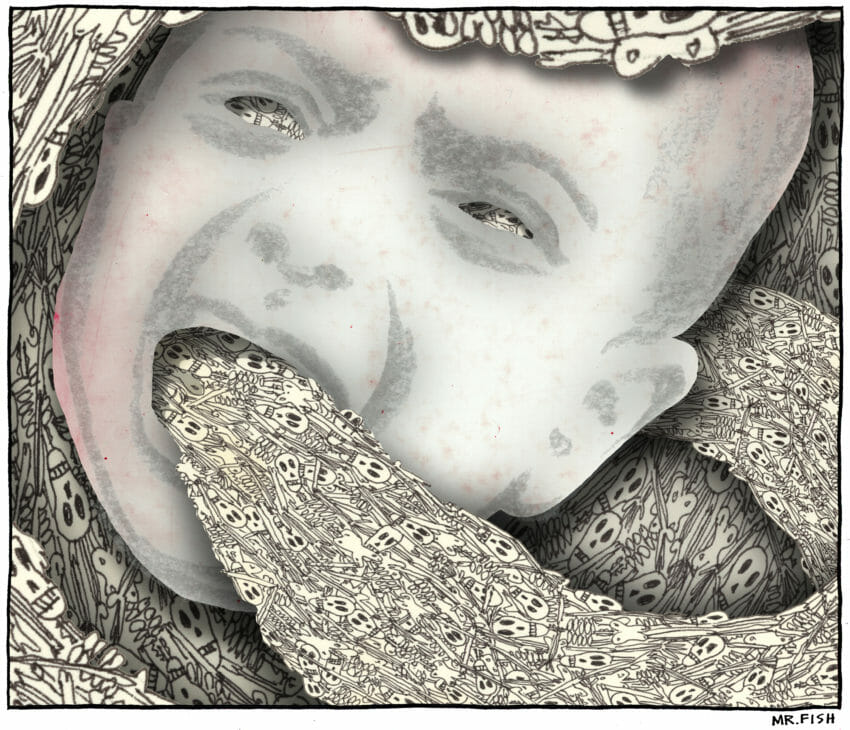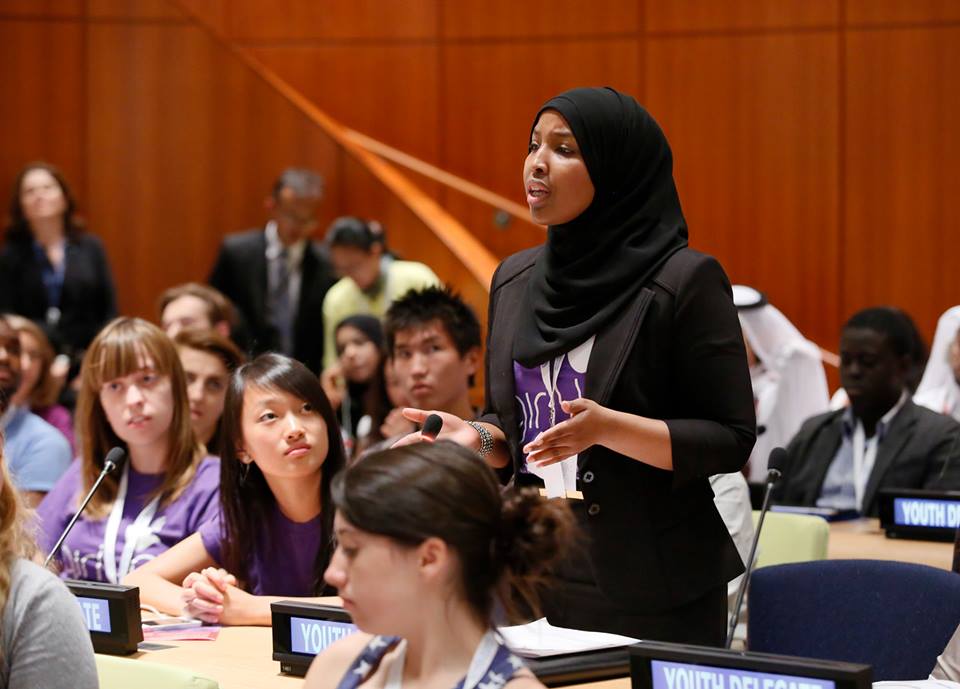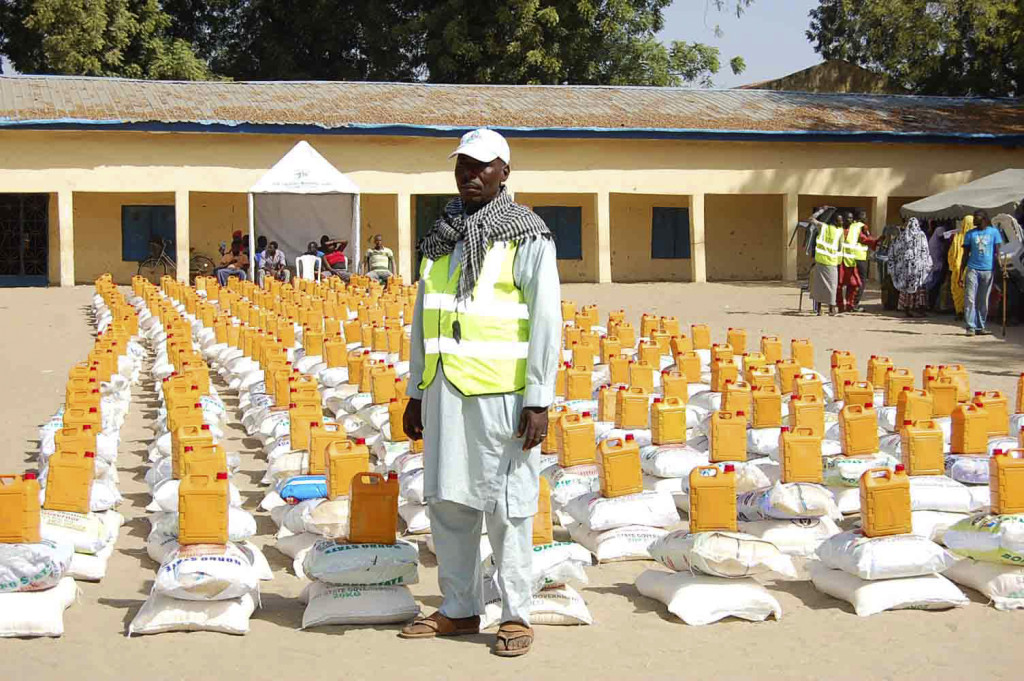The missing link in Muslim non-profits
AtlantaMuslim.com
I am always impressed with the young men and women I have the pleasure of meeting in Atlanta’s Muslim community. They are intelligent and engaged, and clearly possess strong leadership potential. Yet I have heard many members of local Islamic organizations ask, “Where are the leaders of the future?”
I find this somewhat curious. During all my years in the business world, I never heard this question about future corporate leaders. For-profit organizations undertake succession planning. They do not leave this to chance, but see it as a key part of organizational development.
This is even more important in a volunteer organization. A volunteer’s time commitment is subject to varying factors of life. For example, a new child or job could significantly decrease the time available for volunteer activity.
But in the corporate world most people need their jobs. They are particularly interested in positions that offer the possibility of advancement. Such jobs increase the likelihood that an employee will continue working with that organization.
Definitions of leadership vary, but most of the people I speak to are looking for people who influence people. Without getting into the discussion about whether leadership and management are the same, I would say that at a minimum the two are complimentary, and people usually do both in the course of the same day.
When you see someone acting only as an “influencer,” I guarantee this: if that person becomes successful, he had some very good managers with him. Why?
Good leaders must have the ability to both “lead” and “manage.” The skills of leading and managing are an art form that must be learned and developed. Both require extensive cultivation through practice and experience.
Consider for-profit organizations. Corporate executives are developed over the span of a career. Over the years, employees are assigned, coached and observed, and given increasing levels of responsibility to gauge their readiness for the next move upwards. In the corporate world, leaders are not found as if they had been hidden. They are built.
Using this example as a guide, I recommend that we install a similar model within our own communities to help our younger members develop and contribute to building stronger organizations.
I have seen organizations adopt a plan to make board seats available to younger community members in the hope that this will develop future leaders. This may bring a different and valuable perspective to the board, but I don’t think this will necessarily develop an individual’s professional skills.
Islamic organizations should instead focus their efforts on developing projects for which young adults can be responsible. These projects can have a dual mission of service to the community and professional development.
Both of those goals can be achieved by assigning the developing leader to program management or administrative oversight positions reporting to the executive director. But it must be understood that professional development is the responsibility of the developing leader and his or her superior. They will need to coach and observe to determine if the individual is capable of moving up in the organization.
However, another burden that cannot be ignored falls on the youth. They should always be seeking out opportunities to take on responsibility, even if the project or program is not something they have a passion for. Corporate managers are frequently assigned to operations that might not be their favorite, but they accept it as a developmental step. It is unrealistic to think you will be put in a responsible position in any organization without developing the skills necessary to succeed.
I believe that if our current and potential leaders undertake these steps together, learning how to both lead and manage, the identities of our future leaders will soon become clear.





















2015
1,064 views
views
0
comments